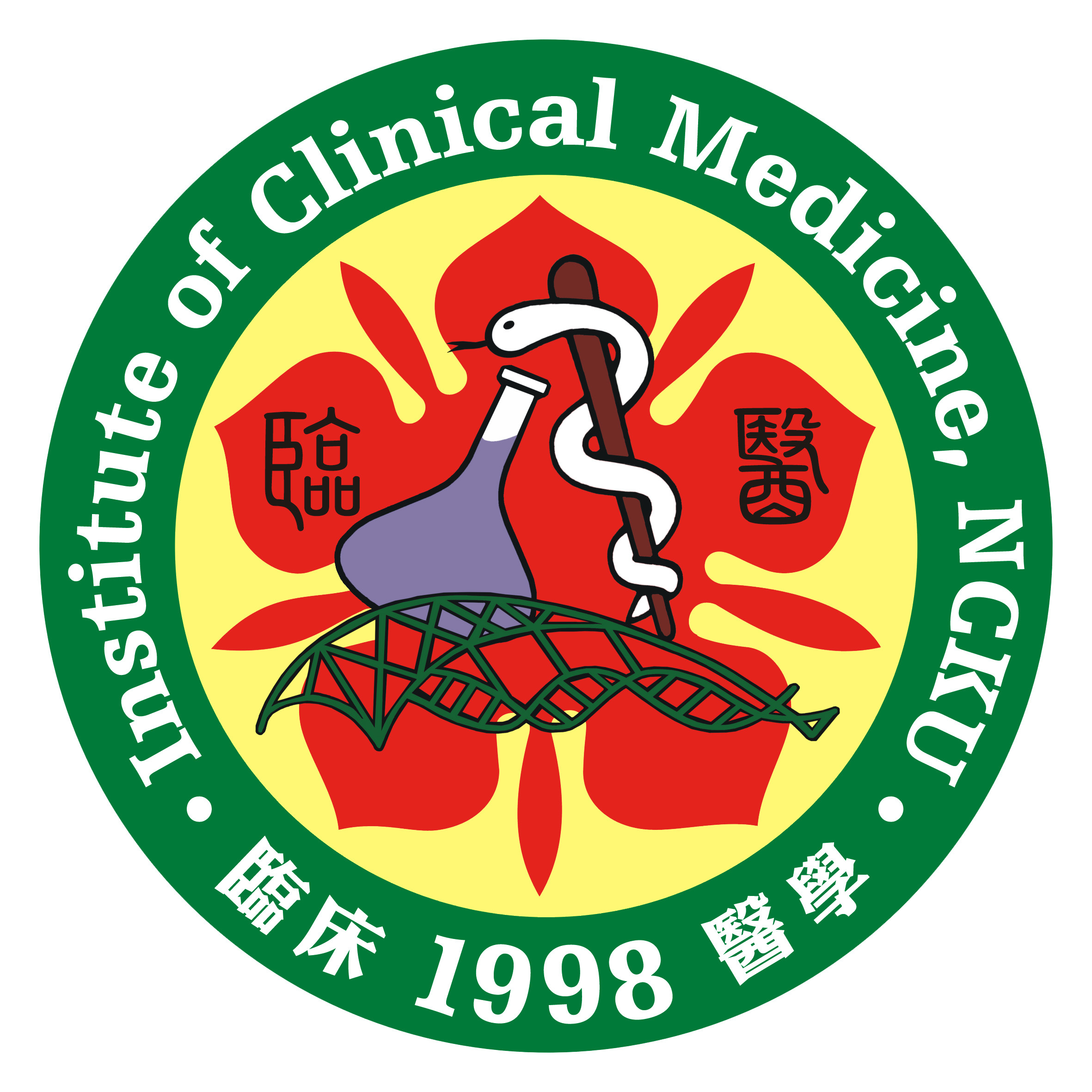蔡坤哲 老師, TDP-43 proteinopathy in frontotemporal lobar degeneration and amyotrophic lateral sclerosis: From pathomechanisms to therapeutic strategies., Ageing Res Rev . 2024 Jul 27:100:102441.
Abstract
Proteostasis failure is a common pathological characteristic in neurodegenerative diseases. Revitalizing clearance systems could effectively mitigate these diseases. The transactivation response (TAR) DNA-binding protein 43 (TDP-43) plays a critical role as an RNA/DNA-binding protein in RNA metabolism and synaptic function. Accumulation of TDP-43 aggregates in the central nervous system is a hallmark of frontotemporal lobar degeneration (FTLD) and amyotrophic lateral sclerosis (ALS). Autophagy, a major and highly conserved degradation pathway, holds the potential for degrading aggregated TDP-43 and alleviating FTLD/ALS. This review explores the causes of TDP-43 aggregation, FTLD/ALS-related genes, key autophagy factors, and autophagy-based therapeutic strategies targeting TDP-43 proteinopathy. Understanding the underlying pathological mechanisms of TDP-43 proteinopathy can facilitate therapeutic interventions.
